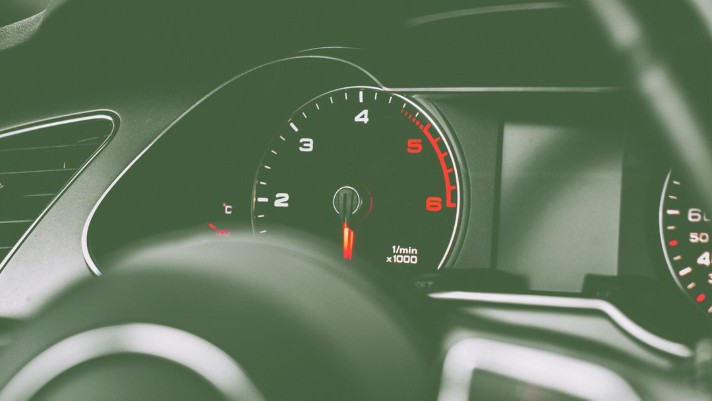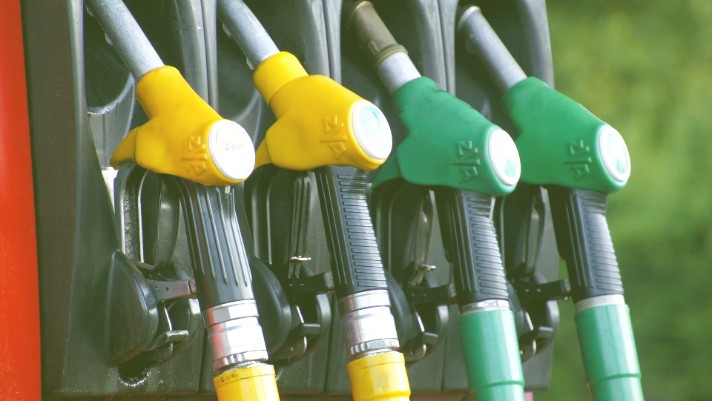10 Fuel Saving Tips That Will Reduce Fuel Costs
Looking for some fuel saving tips? You’ve come to the right place! For many businesses, fuel and fleet spend can be the second-highest expense they incur. However, with a few simple steps, fuel costs can be controlled and reduced.
We believe businesses of all sizes have the chance to put money back into their pockets, by taking action on the management of their fleet. Of course the simplest way to lower fuel costs is to invest in electric cars. Some of the Nissan Leafs on our fleet have cost as little as £300 to cover 30,000 miles. £300 would barely cover 2,000 miles in a traditional car! That said, electric cars with significant range are still in their relative infancy. They’re likely to continue to be until 2020, so what can you do now?
Our top ten tips are recommended by the Energy Savings Trust. Making small changes to the way you drive can really help to improve fuel economy. What’s more, Transport accounts for 25% of the UK’s CO2 emissions, at just over 130 million tonnes of CO2 a year. These practical steps could help lower fuel emissions.
And the smart approach begins the moment you start your engine:
1. Drive off from cold
Modern cars are designed to travel straight away. Warming up the engine just wastes fuel and actually causes engine wear.
2. Check your revs
Drivers should change up a gear before they reach 2,500 rpm (petrol) or 2,000 rpm (diesel).

3. Drive smoothly
Anticipate the road conditions; avoid accelerating sharply and braking heavily, in order to cut your fuel usage and reduce the likelihood of accidents.
4. Step off the accelerator
When slowing down or driving downhill, remain in gear but take your foot off the accelerator early. This will reduce the fuel flow to the engine to virtually zero.
5. Slow down
Drive within the speed limit. As well as being within the law, this is also safer and reduces fuel consumption.
6. Turn it off
Stuck in traffic? Turn your engine off. Modern cars use virtually no extra fuel when they are restarted.
7. Plan ahead
By planning your journey, drivers can avoid congestion and roadworks, and ensure they don’t waste fuel or time by getting lost.
8. Make it long
Cold engines use almost twice as much fuel as catalytic converters can take five miles to become effective. In the case of short journeys, consider an alternative form of transport, if possible.
9. Reduce drag
Accessories, such as roof racks and bike carriers should be removed when not in use. They affect a vehicle’s aerodynamics and reduce fuel efficiency.
10. Check tyre pressure
Under-inflated tyres are dangerous and increase fuel consumption.
If you enjoyed these fuel saving tips and you’d like to find out more about how we can help you manage fuel consumption and your fleet, contact us!
You can also register for one of our FREE Fleet Management Seminars Here!
Tags : driving tips, Fleet Management, low emission motoring

